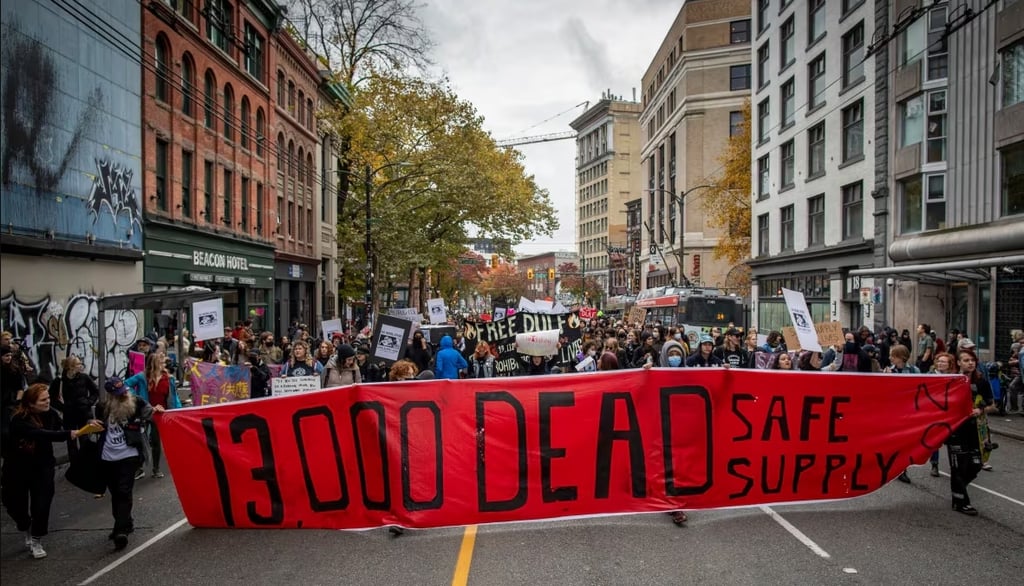B.C. Premier Eby Combines Mental Health and Addictions Ministry with Health Portfolio
Olivia Singh
11/19/20242 min read


Premier David Eby announced his newly restructured cabinet on Monday, signaling significant changes, including the dissolution of the standalone Ministry of Mental Health and Addictions. Responsibilities for mental health and addictions will now fall under the broader health portfolio, with Surrey MLA Amna Shah appointed as parliamentary secretary for the integrated issues.
Eby explained the change as a practical step toward addressing critical infrastructure needs for mental health and addiction services. "This is about delivering detox centres, treatment centres, and other essential infrastructure across the province," Eby said, emphasizing the importance of tackling the ongoing toxic drug crisis.
The Ministry of Mental Health and Addictions was initially created in 2017 under the NDP government to lead efforts against the opioid crisis and coordinate mental health services. However, Eby's decision to merge it with health has received mixed reactions.
Opposition Reactions
Surrey MLA Elenore Sturko, the Conservative critic for mental health and addictions, welcomed the integration, criticizing the now-dissolved ministry for being "hijacked by radical ideology." She argued that previous decriminalization measures failed to save lives and exacerbated community harms.
Green Party Leader Sonia Furstenau expressed support for the merger, calling it a step toward recognizing that mental health is intrinsically linked to overall health. "Health and mental health are the same thing," Furstenau stated.
Public and Expert Perspectives
Former B.C. chief coroner Lisa Lapointe endorsed the change, highlighting that drug toxicity remains the leading cause of death among people aged 10-59 in the province. She described health as the appropriate ministry to oversee a comprehensive response to the crisis.
Advocates from organizations like the Vancouver Area Network of Drug Users and the Overdose Prevention Society expressed skepticism about the standalone ministry's impact. Garth Mullins, a representative from the former, labeled the ministry as ineffective due to its limited policymaking power and budget. "Ending the ministry feels like a tacit admission of failure," Mullins said.
Others, like Sarah Blyth of the Overdose Prevention Society, stressed that solving the drug crisis requires collaboration across multiple ministries. "The proof will be in fewer deaths and better support systems," Blyth said.
Health Ministry’s New Role
Josie Osborne, the incoming health minister, committed to leveraging the combined resources of the health and mental health portfolios to tackle the crisis more effectively. "It’s time to integrate and take a more flexible, coordinated approach," Osborne said.
The merged ministries come as B.C. grapples with nearly 15,000 deaths from toxic drug overdoses over the past eight years, underscoring the urgency of a unified strategy.
News
Stay updated with the latest BC news stories, subscribe to our newsletter today.
SUBSCRIBE
© 2024. All rights reserved.
LINKS
